Developer Spotlight: Brice Dobry, Hiro
by Claire Topalian on November 21, 2022

Brice Dobry is a Senior Software Engineer at Hiro Systems. Prior to joining the team at Hiro, Brice had no prior experience with Blockchains. Today, he's 1 year in with the team at Hiro and at the forefront of building on Stacks. In our discussion, he talks about how he got started and how you can too.
You can follow Brice on Twitter: @obycode.
You can follow Brice on Twitter: @obycode.
- Claire:How did you get involved with the Stacks ecosystem?Brice:I first came across Blockstack way back in 2017 - via ProductHunt, I think. I played around with the Blockstack Explorer, had it installed and peeked in on it every once in a while. In 2019, I started hearing news about it again with the ICO and I followed that, buying some coins. After that, I started taking a closer look at the whole ecosystem.
In 2021, I kept seeing more articles and news. The 2.0 Blockchain came out at the beginning of 2021, which piqued my interest again. Finally found out about Clarity Universe in 2021 - I can’t remember how exactly - but I got into that first cohort. That was really awesome. I wanted to learn Clarity. Having some space to learn the language was really interesting to me.
With all the experts that came on, that really gave me the confidence to actually fully jump in. I think sometime around the beginning of Clarity Universe, I found Hiro - saw they were working on developer tools, which is much more my background. I found Hiro via Stacks, and that was really interesting so I applied. With the confidence that the CU built around the ecosystem and the players, that inspired me to jump in.
Previously, I was at a large Chinese Telecom company. It’s huge in Asia/other parts of the world outside of the U.S. I wasn’t in a rush to get out, but I was already interested in checking out the blockchain space. Before that, I had been at a few different startups. I had been wanting to go back to the startup feel of life. The small company, and a small blockchain, that was really appealing.
I've been with Hiro for about 1 year now. - Claire:Any big takeaways 1 year in with the team at Hiro?Brice:This team is an amazing group of people - 100% A players. Everyone is so good at what they do, across every field. It’s been such a great experience. I got that sense even when interviewing with them. It just gets better. If anyone is going to help make this all work, this is a group of people that will make that happen.
Coming into it, there’s a solid base of technology that has been there. At the same time, there’s a lot of open space and areas to improve. So it’s really exciting. There’s so much open space as a dev tooling company…blockchains in general are a lot more difficult to program than anything in Web2. I find it interesting, all these challenges that we have, and how can we make it easier for developers.
My whole career has been focusing on making developers more productive, making their code better and safer…so all those things are really needed in the Stacks ecosystem. Hiro is in a great position to solve those problems. The really solid foundation to build form and the open space for improvements that are needed. - Claire:What advice would you give someone who is curious about getting involved with the ecosystem?Brice:Don’t be afraid of the things that you don’t know. I had no prior experience with Blockchains. I had written very little Rust code (which all our tools are built on). My past experience was in compilers, Clarity contracts have nothing to do with that… but coming in, be prepared to learn a lot and don’t be afraid of what you don’t know.
No one knows everything and it’s constantly changing. - Claire:For a newcomer to the ecosystem, any tips on navigating that "Day 1" feeling?Brice:I would recommend coming up with some simple idea that you want to implement - start to build it, and ask questions in Discord. There’s a lot of helpful people that will help you out.
Read the Clarity book - it’s fantastic. Try to start building and see what problems you run into, what questions you might have. Get your hands dirty.
I'd encourage people to try out Clarinet and our extension and give us feedback. - Claire:What are you excited about right now, for Stacks - technically speaking or otherwise?Brice:I’m very excited about the work right now that’s happening - tying Stacks closer to Bitcoin. When I first started digging in, it always felt like the weak point was this Bitcoin-write problem. Within the last few months alone, there are very clear solutions being discussed in great detail and starting to be implemented. That is going to be a gigantic unlock that makes so much more stuff possible on the chain. It will attract a much bigger crowd to the chain.
2.1 unlocks some things, like mining pools, some good changes to Clarity language that will help with programmability, and usability changes to Stacking that a lot of people will appreciate — but sBTC is what gets me really excited. Basically locking the state of Stacks into the Bitcoin blockchain by changing the way that the forking works. The true state of the Stacks blockchain is fully secured by Bitcoin security. - Claire:What’s the superpower of the Stacks ecosystem?Brice:It’s a really great community. Lots of smart people that are happy to help each other. There’s a core group of people - everyone that I’ve interacted with is so helpful and takes the mindset of a rising tide raises all ships. Everyone wants to help each other. This whole thing works if we all work together on it. You don’t see that in all open source / blockchain communities.
On the technical side, with blockchains, we have to make tradeoffs with speed and how fast we can react to things, etc. and I think Stacks makes the right tradeoffs there. To arrive at something that is going to bring the most value to people. From the technical side, the decentralization and processes in place to ensure that there is long-term stability.
We aren’t trying to move too fast and break things. We want to continuously improve.
Drop in your email to stay in the loop on Stacks Foundation news



